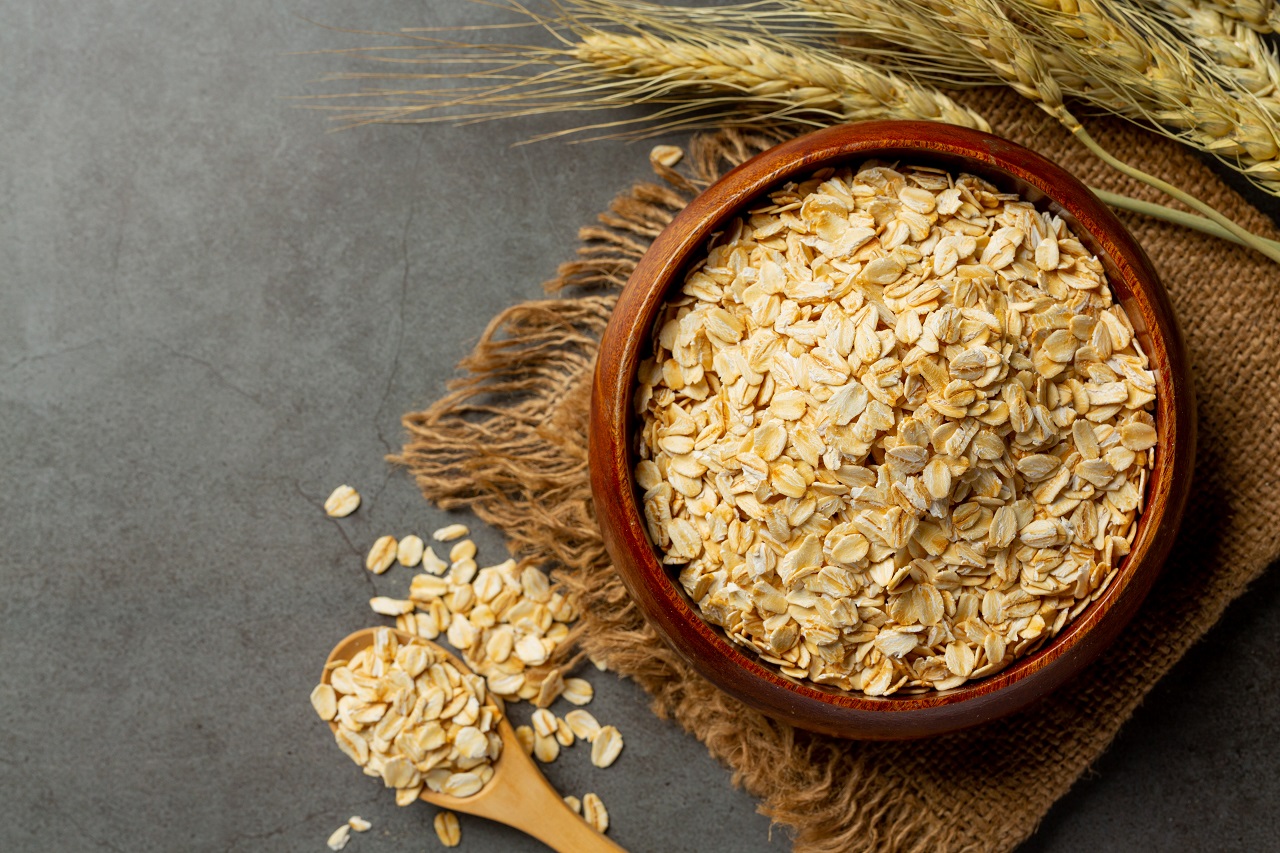
Homemade meals will always be the best and we’ve all come to realize that. But, if you’re running out of ways to make healthy eating interesting, we’ve got an amazing breakfast recipe for you which combines two dishes. We give you the Poha Dhokla!
What You Will Need
- Poha: 100gm
- Semolina/Rava: 2-3tbsp
- Buttermilk: 1.5 to 2 glasses
- Ginger: 1-2 tsp (paste)
- Green chillies: 2-3 tsp (paste)
- Coriander: 2-3 tbsp (chopped)
- Turmeric: 1 tsp
- Salt: as per the taste
- Sugar: 1/2-1 tsp
How To Prepare
- In a vessel, add poha, semolina, ginger paste, green chillies paste, coriander, turmeric, salt, sugar and mix them well
- Now add buttermilk, mix it well and leave this batter for 30 mins
- The main trick in this recipe is that after 15 mins, check the consistency. If it’s too runny, add 1 tbsp of poha and wait for another 15 mins.
- After 30 mins, mix the batter very well for 5 mins till it gets a good consistency
- If the batter is too dry, then you may add half a cup of water and mix it well
- Taste the batter once to check if you need to add some salt and green chillies
- Take an oil greased plate and pour this batter into it
- Level the batter in the dish and steam it for 10-15 mins
- By the time the dhokla cools down, turn on the flame, take a small pan, add oil (let it get warm), then add mustard seeds(black) & curry leaves, let them crackle and turn off the flame
- Put this oil with mustard & curry leaves over the dhokla
- Now make pieces of dhokla and serve it by garnishing it with a little bit of coriander.
Benefits of Poha Dhokla
- It’s a good, balanced source of carbohydrates and proteins in one meal
- It can be categorised as a probiotic, as it is rich in good bacteria
- As it has a high fiber content, it is quite fulfilling
- It can be easily consumed by someone suffering from digestive issues like acidity, bloating and constipation as it soothes the gut
- You can eat this as a snack as well as a major meal option
We hope you enjoy this healthy Poha Dhokla recipe. Do share your experience with us in the comments below. For more healthy recipes, check out Healthy Reads or you can ask a GOQii Coach directly by subscribing for Personalised Health Coaching here: https://goqiiapp.page.link/bsr
#BeTheForce
 If you’re diagnosed with Diabetes, white rice and anything made with white flour such as bread or pasta and other refined grains are off the table. This leaves us with little options. Out of these limited options, Barley and Ragi can work wonders if you want to stop those surges in blood sugar. Here’s why we think Barley and Ragi are the best grains for diabetes.
If you’re diagnosed with Diabetes, white rice and anything made with white flour such as bread or pasta and other refined grains are off the table. This leaves us with little options. Out of these limited options, Barley and Ragi can work wonders if you want to stop those surges in blood sugar. Here’s why we think Barley and Ragi are the best grains for diabetes. We’re almost at the end of monsoons but with a decent amount of heavy rainfall still out there, we can understand if you’re worried about stepping out to hit the gym. Don’t let that general lethargy of being home get you down. If you’re worried about getting that workout burn, we’ve got some exercise hacks that will get your blood pumping!
We’re almost at the end of monsoons but with a decent amount of heavy rainfall still out there, we can understand if you’re worried about stepping out to hit the gym. Don’t let that general lethargy of being home get you down. If you’re worried about getting that workout burn, we’ve got some exercise hacks that will get your blood pumping! 


